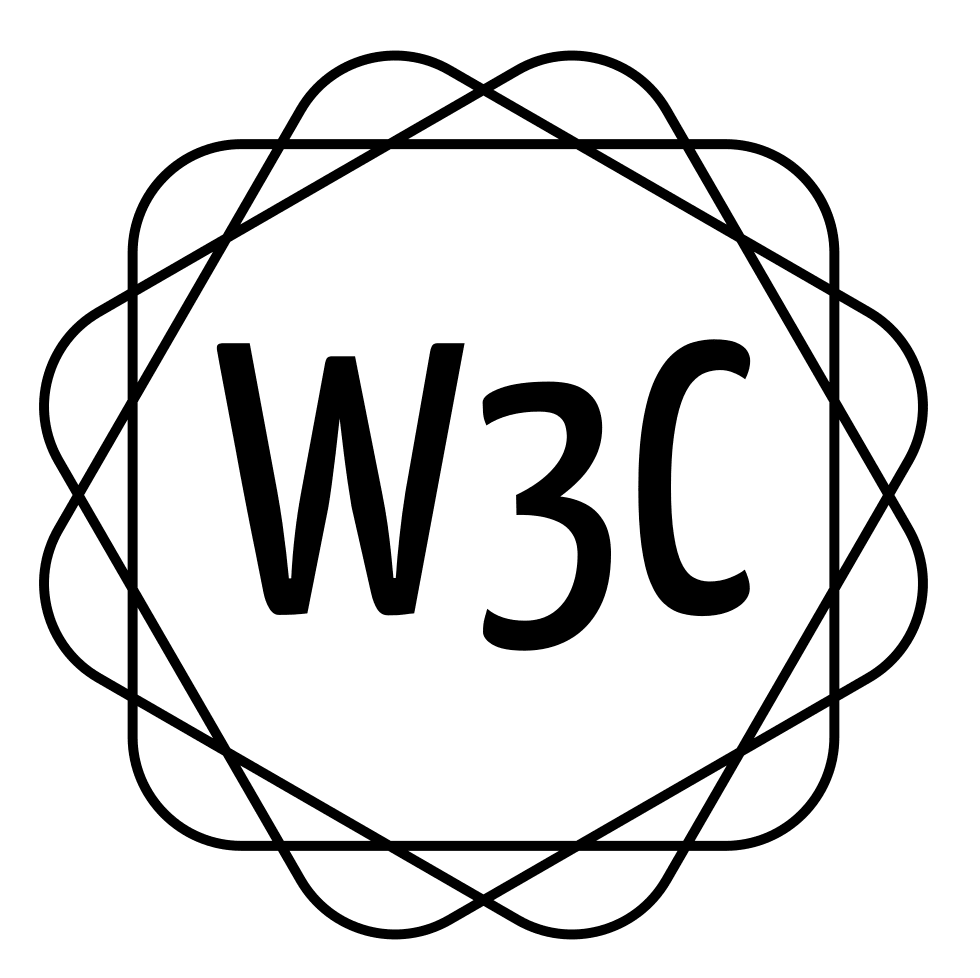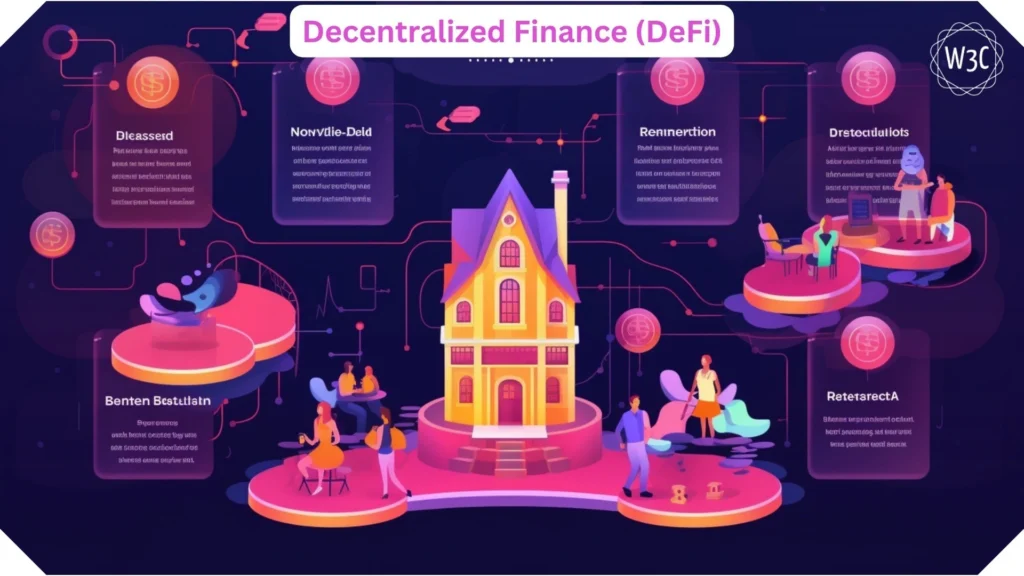Index
ToggleKey Takeaways:
- Decentralized finance (DeFi) is a blockchain-based financial system that allows for trustless, transparent, and accessible financial transactions without intermediaries.
- It has the potential to disrupt traditional finance by providing greater access to financial services, reducing fees, and increasing financial transparency.
- Despite the many benefits of DeFi, there are risks associated with using these decentralized applications, such as smart contract bugs and hacks, so users must be cautious and do their own research before participating.
A Brief History of Centralized Finance
Throughout finance history, banks, and financial institutions have dominated the global financial system, playing a significant role in shaping economic policy and international trade. However, the industry has been under the radar and scrutiny in the wake of the global financial crisis in 2008. Not only that, but the whole system being non-transparent has led to people looking for a transparent system without intervention.
What is Decentralized Finance (DeFi)?
As the name suggests, decentralized finance is a financial system that operates on a decentralized, blockchain-based network. Unlike traditional finance which relies on intermediaries like banks and financial institutions, DeFi is designed to be transparent and without any intervention by an intermediary.
In the DeFi ecosystem, financial transactions are carried out with the help of smart contracts, which are self-executing programmes that run on the blockchain, and cryptocurrencies like Bitcoin or Ethereum. Without the use of middlemen, these smart contracts are intended to automate financial operations including lending, borrowing, and trading.
A simple example of DeFi is a decentralized lending platform. Suppose, you need a loan of $10,000. You could go to a decentralized lending platform, deposit some cryptocurrency like Ethereum into the platform’s smart contract, and request a loan of $10,000. The smart contract will automatically evaluate your creditworthiness based on your previous transactions and other factors and if approved, the loan would be disbursed to your account. You can repay the loan over time with interest, and once you have repaid the full amount, your collateral would be returned to you.
In this example, the DeFi lending platform is able to offer a more streamlined and efficient lending process, without the need for intermediaries like banks.
Uses of DeFi
The potential use of decentralized finance is enumerated below:
Decentralized lending and borrowing:
Individuals and organisations can use DeFi lending platforms to get loans and credit without going via traditional banking institutions. Borrowers can use their cryptocurrency as collateral for a loan, and lenders can earn interest by providing liquidity to the lending platform.
Decentralized exchanges (DEX):
DEX allows peer-to-peer trading of cryptocurrencies without an intermediary. It facilitates trades and provides liquidity by utilising automated market makers (AMMs) and other innovative trading processes.
Gaming:
One of the unique use cases of DeFi is Gaming. Web3 games provide in-game purchases like skins, weapons or new levels. Ethereum-based games are being developed where the players can earn rewards using DeFi coins.
Stablecoins and digital assets:
Stablecoins are digital assets that are backed by the value of fiat or commodities like gold. DeFi protocols have enabled the creation of stablecoins which can be used for payments, remittances, and other financial transactions. DeFi has also opened up new possibilities for the tokenization of assets, such as real estate, art, and other forms of illiquid assets.
Asset management:
DeFi protocols have the potential to enable the development of automated asset management systems based on smart contracts. These systems can rebalance portfolios automatically, assign assets according to predetermined rules, and execute trades based on market conditions. It can help to reduce the requirement for human intervention and increase the efficiency of asset management.
Impact on Traditional Finance
Decentralized finance has changed the way we have witnessed our traditional finance. DeFi promotes direct peer-to-peer transactions without the involvement of banks or other financial institutions which can reduce the cost and complexity associated with banking. Also, it can help overcome the challenges that are faced currently.
- DeFi offers the potential to increase access to financial services for persons who are currently underserved or excluded from traditional financial systems. This can assist to promote financial inclusion and empower individuals and communities to gain more financial control over their life.
- Transparency is often an issue with traditional financial systems. DeFi protocol being based on blockchain, makes it immutable and transparent. This can help increase trust and reduce the risk of fraud and corruption.
- DeFi protocols are open-source and community driven fostering collaboration and knowledge-sharing among developers, entrepreneurs, and investors. It can aid in the acceleration of innovation and the adoption of new DeFi technology.
Disadvantages of Decentralized Finance
While decentralized finance (DeFi) has the potential to transform the financial industry, there are some potential drawbacks and risks associated with this new technology:
Regulation:
DeFi is currently unregulated, which means that investors have few legal safeguards and no monitoring of the many protocols and applications that are being created. It raises the possibility of fraud, hacking, and other sorts of criminal activities.
Volatility:
Many DeFi tokens and assets are highly volatile, making them risky for investors unfamiliar with cryptocurrency trading and investing.
Smart contract vulnerability:
Smart contracts are code-based agreements that execute automatically based on preset rules. These agreements are prone to code errors, bugs, and other sorts of security flaws, which can result in fund loss or other problems.
Complexity:
DeFi is a complicated and fast-expanding subject, which can make understanding and navigating the numerous protocols and applications available difficult for investors and consumers.
Limited scalability:
Some DeFi protocols have scalability limitations, which can cause network congestion, slow transaction times, and high fees.
DeFi has the potential to disrupt the whole financial system. However, since it is ever-growing and an emerging technology, it is important to understand the challenges and risks that are associated with it.
Prerna Rohilla, a content writer with a passion for technology and innovation, has been writing in the web3 industry for last few years. As the web3 industry began to gain traction, Prerna saw an opportunity to combine her passion for writing with her knowledge of blockchain technology.



